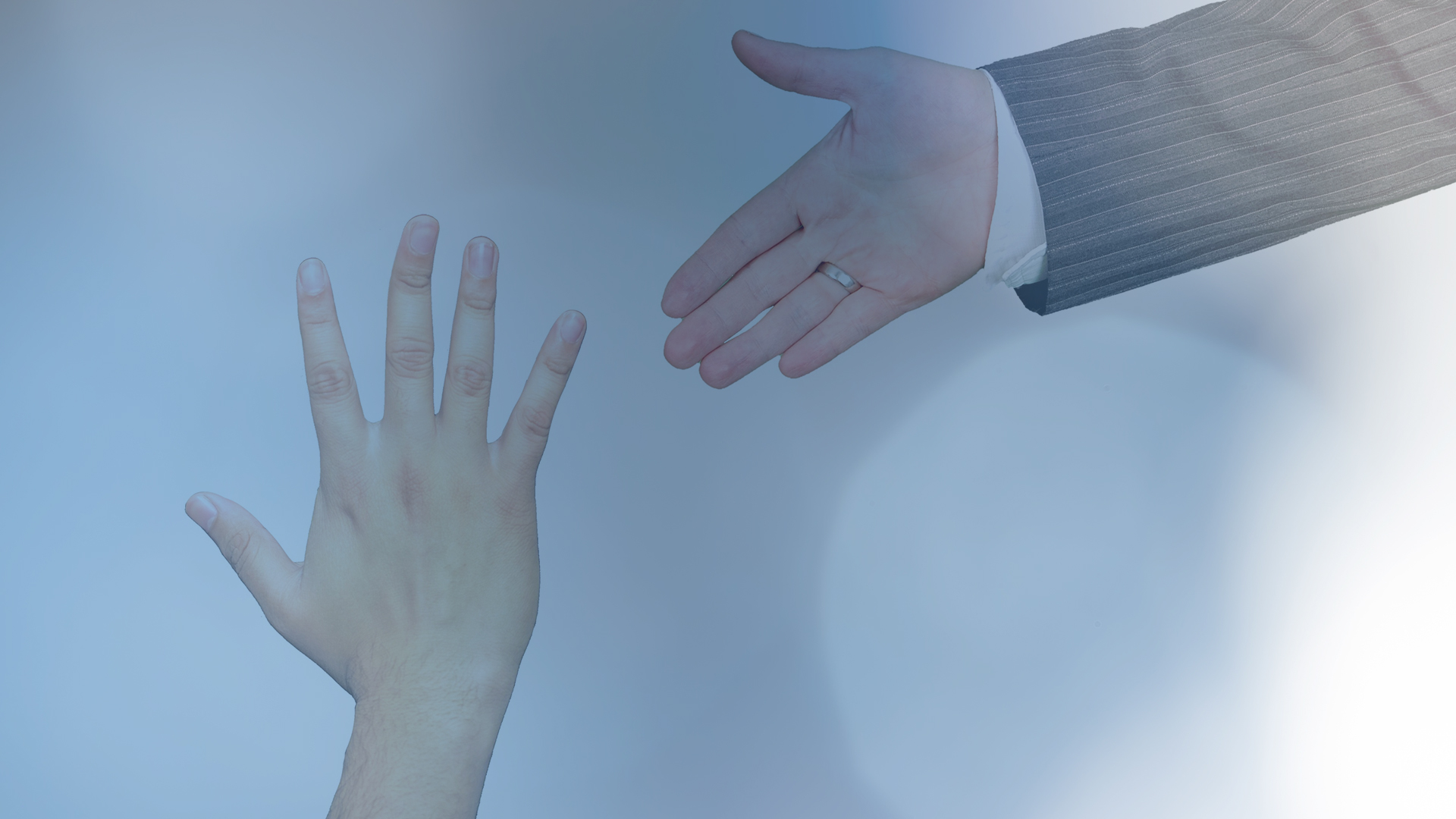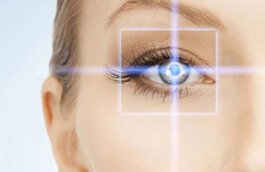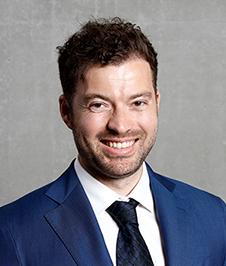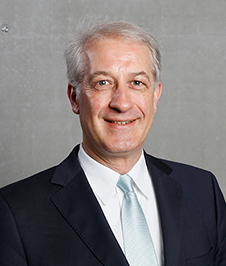Disinfection at the workplace, among other measures, is one of the keys to warding off the highly contagious COVID-19 virus.

However, disinfection must be used with caution. Otherwise, it cannot have the effect of eliminating the virus, but can otherwise cause damage. EuroEyes ophthalmologists have already explained the phenomenon of photokeratitis, which can be caused by improper use of UV lamp disinfection. So how do you properly disinfect the workplace?
Which disinfectants are effective against the virus?
There are many types of disinfectants. But which disinfectant is effective against COVID-19?
According to the latest “Diagnostic and Treatment Strategies for Novel Coronavirus Pneumonia (Interim Version 6)” published by the National Health Commission in China, the virus is sensitive to ultraviolet radiation and heat. Therefore, heating to 56 ℃ for 30 minutes, ether, 75% alcohol, chlorine-based disinfectants and chloroform can fight the virus, while chlorhexidine cannot.
This means that the virus can be eliminated with 75% alcohol, bleach, hydrogen peroxide, etc., while disinfectants like Dettol and chlorhexidine are ineffective. Vinegar in particular, once a popular “disinfectant”, has long been removed from the list. Given the feasibility of their use in the workplace, disease control experts recommend alcohol and dilute sodium hypochlorite for disinfection.
Recommendation for daily disinfection
Available in a pharmacy: Dilute sodium hypochlorite
Diluted sodium hypochlorite is recommended for disinfecting items that are frequently touched by hands, such as cell phones, door handles and armrests. It should be noted that if the surface of the object is dirty, it must be cleaned before disinfection.
Prepare for disinfection exactly as directed. If the disinfectant accidentally gets into your eyes, this can have serious consequences.
Disinfectants containing chlorine can have a very irritating effect. Avoid contact with the skin, mouth and nose.
Disinfectants containing chlorine should not be used at the same time as acidic solvents such as toilet cleaners and vinegar, which produce slightly toxic gases.
Disinfectants containing chlorine should not be used at the same time as alcohol, as the disinfectant effect can be weakened.
Available in a pharmacy: 75% alcohol
Professor Zhang Liubo, disinfection expert at the Chinese Center for Disease Control and Prevention, suggested that alcohol disinfection should be used primarily for hand hygiene. He does not recommend using it for large-scale disinfection, such as air disinfection. Also keep alcohol away from open flames and heaters during use. Alcohol can explode and start a fire.
About EuroEyes
The EuroEyes Clinic Group is a globally successful company that was founded 26 years ago in Hamburg and has its headquarters there until today. In addition to locations throughout Germany, EuroEyes is also represented in China and Denmark. The company offers patients the full range of refractive surgery for the correction of visual disorders. Using state-of-the-art eye laser and lens surgery procedures, EuroEyes treats more than 25,000 patients each year with nearsightedness, farsightedness, astigmatism, presbyopia or cataract. The treatment enables the start of a life free of glasses and contact lenses without any impairment of visual quality.
Are you also interested in laser eye treatment at EuroEyes or would you like to find out more about us? Then please contact our service or fill out our contact form. We look forward to you!


















Join our Newsletter